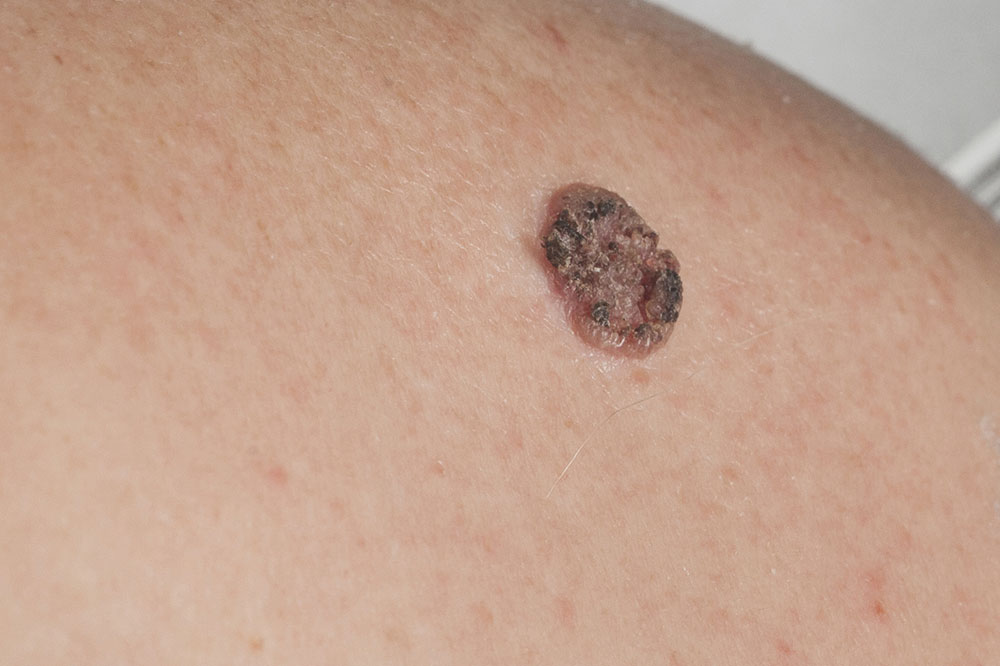Understanding Advanced Melanoma: Symptoms and Treatment Options
This article explores stage four melanoma, highlighting symptoms, diagnostic methods, and treatment options. Early detection via self-examination and medical tests is vital. Treatments include surgery, chemotherapy, radiation, immunotherapy, and targeted drugs, with ongoing clinical trials offering new options. Understanding these aspects empowers patients to seek timely care and improve prognosis.

Understanding Advanced Melanoma: Symptoms and Treatment Options
Melanoma is considered the most aggressive form of skin cancer, originating from mutations often caused by UV exposure. Typically appearing as dark or brown moles, early detection is crucial for successful treatment. When melanoma reaches stage four, it has advanced beyond the lymph nodes and may spread to organs like the lungs, liver, bones, brain, and stomach. Changes in the appearance or texture of moles, such as thickening or skin breaks, can be signs of progression. Accurate diagnosis involves blood tests, ultrasound scans, and biopsies.
Self-checks are vital for early detection. Use the ABCDE guide: A for Asymmetry, B for Border irregularity, C for Color variation, D for Diameter larger than a pencil eraser, and E for Evolution in shape or size. Treatment depends on tumor location, spread, patient health, symptoms, and response to previous therapies. Main options include surgery, chemotherapy, radiation, immunotherapy, and targeted drugs tailored to genetic mutations. Clinical trials are also available for inoperable cases.
Skin cancer
Melanoma warning signs
Advanced melanoma treatments
Knowing the symptoms and available treatments of stage four melanoma is essential for early intervention and better outcomes. Regular self-examinations using the ABCDE method can help identify changes early, while medical tests confirm diagnosis. Treatment options are diverse, including surgery, drugs, and innovative approaches such as immunotherapy and targeted therapies, providing hope for patients with advanced disease.










